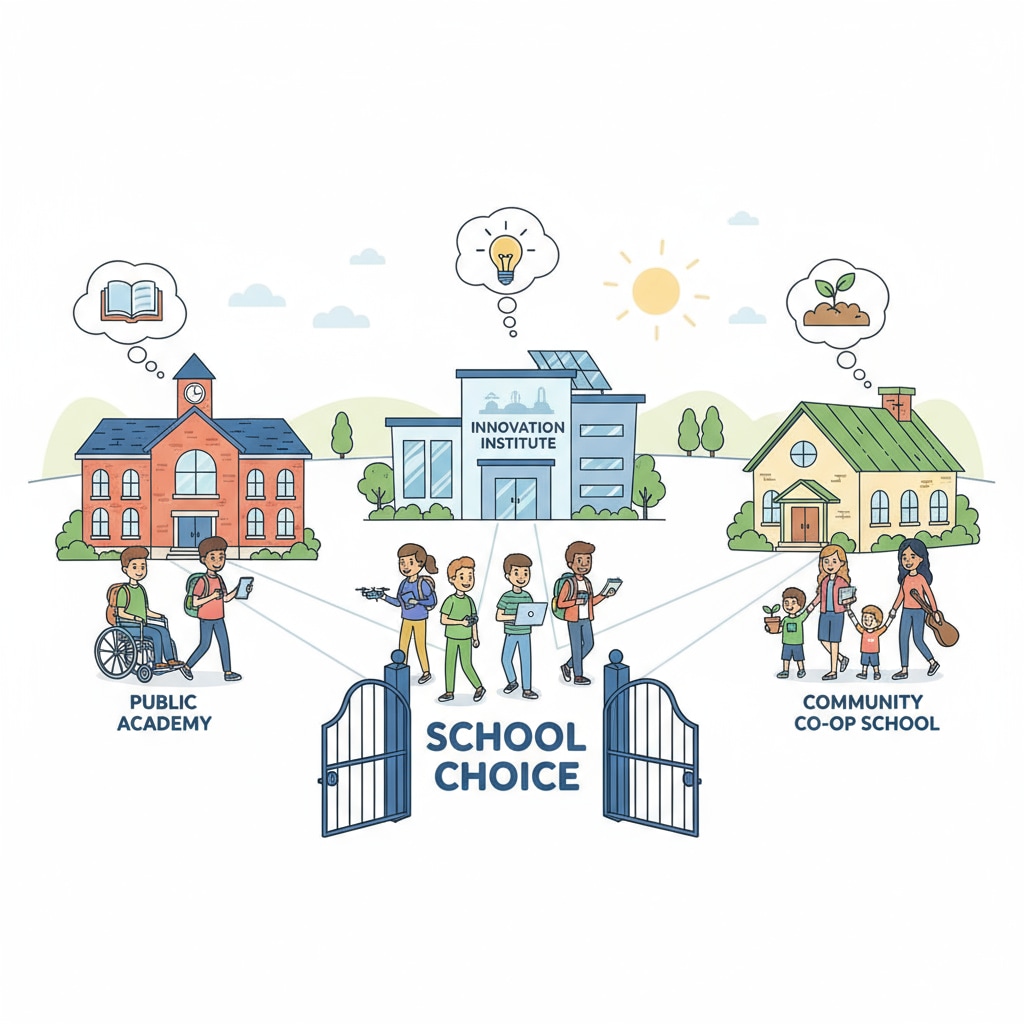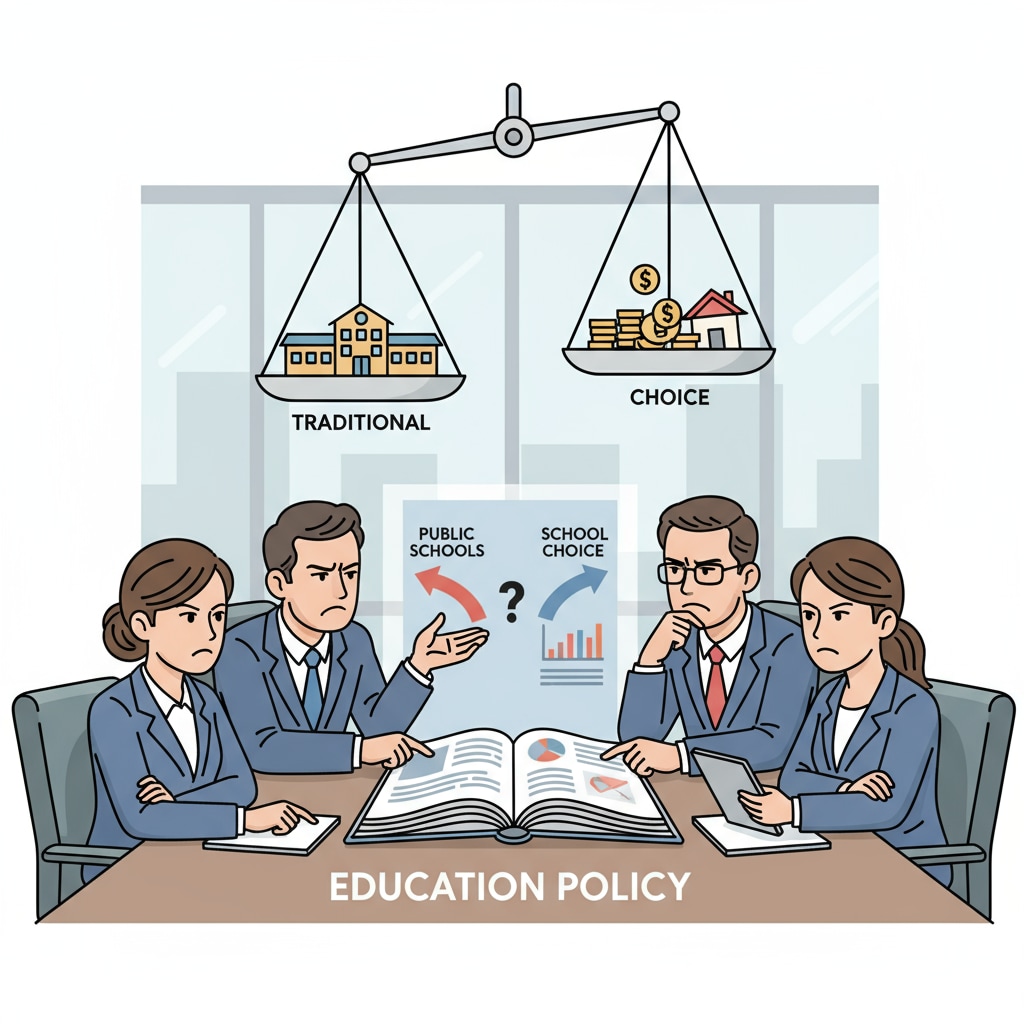School choice, political controversy, and education policy are intertwined aspects of the US K12 education landscape. The concept of school choice has become a significant driver of educational reform, yet it is also a hotbed of political disputes. This article aims to shed light on the multifaceted nature of school choice policies and the political battles they have ignited.

The Basics of School Choice in K12
School choice in the K12 context refers to the options available to parents and students to select schools other than their assigned neighborhood schools. This can take various forms, such as charter schools, magnet schools, vouchers, and homeschooling. Charter schools, for example, are publicly funded but operate independently, often with innovative educational models. According to Wikipedia’s entry on charter schools, they offer an alternative to traditional public schools, aiming to provide more tailored educational experiences. Magnet schools, on the other hand, attract students based on specific academic or artistic themes, like science, technology, engineering, and mathematics (STEM) or the performing arts.
The Political Divide Over School Choice
The implementation of school choice policies has led to a deep political divide. Supporters argue that school choice promotes competition among schools, which in turn can lead to improved educational quality. They believe that parents should have the right to choose the best educational environment for their children. However, opponents worry that school choice may exacerbate educational inequality. As stated in Britannica’s article on education policy, the selection process for some choice schools may disadvantage certain groups of students, such as those with special needs or from low-income families. Additionally, there are concerns about the potential defunding of traditional public schools as students move to other options.

The political controversy also extends to ideological differences. Some view school choice as a means to promote free-market principles in education, while others see it as a threat to the public education system. These opposing views often lead to heated debates at the local, state, and national levels.
In conclusion, school choice policies in the K12 education system are a double-edged sword. While they hold the promise of providing more educational options and potentially improving quality, they also bring about significant political controversies. It is crucial for policymakers to carefully consider the implications of these policies to ensure that they promote educational equity and quality for all students. The ongoing debate over school choice, political controversy, and education policy will continue to shape the future of K12 education in the United States.
Readability guidance: This article uses short paragraphs to clearly present ideas. Each H2 section provides a focused discussion. The use of passive语态 is minimized, and transition words like “however” and “additionally” are used to enhance the flow. The information is presented in a clear and accessible manner for readers to understand the complex relationship between school choice, political controversy, and education policy.


